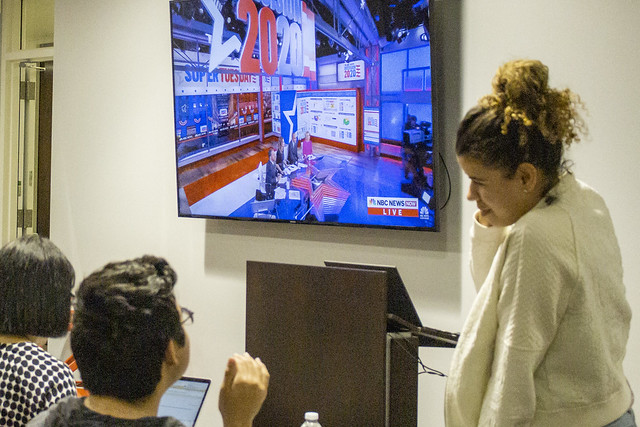Peterson on Regulating Dialysis Clinics
Public Policy Professor Mark Peterson spoke to CalMatters about what’s at stake with Proposition 23, which would require dialysis centers to have at least one licensed physician on site during operating hours as well as requiring clinics to report dialysis-related infection data to the state and obtain state permission before closing a site or reducing services. Many Californians will vote on Proposition 23 despite having little or no experience with kidney failure or dialysis treatment. “It’s a highly technical issue in a realm that gets into … very specific clinical concerns about the nature of care,” Peterson said. “That is not something that any of us in the general public are trained in.” Opponents of Prop. 23 say the driving force behind the initiative is not patient care but rather a labor union’s desire to organize dialysis workers. Peterson suggested that regulating dialysis clinics might be better addressed through active deliberation in the state Legislature.

